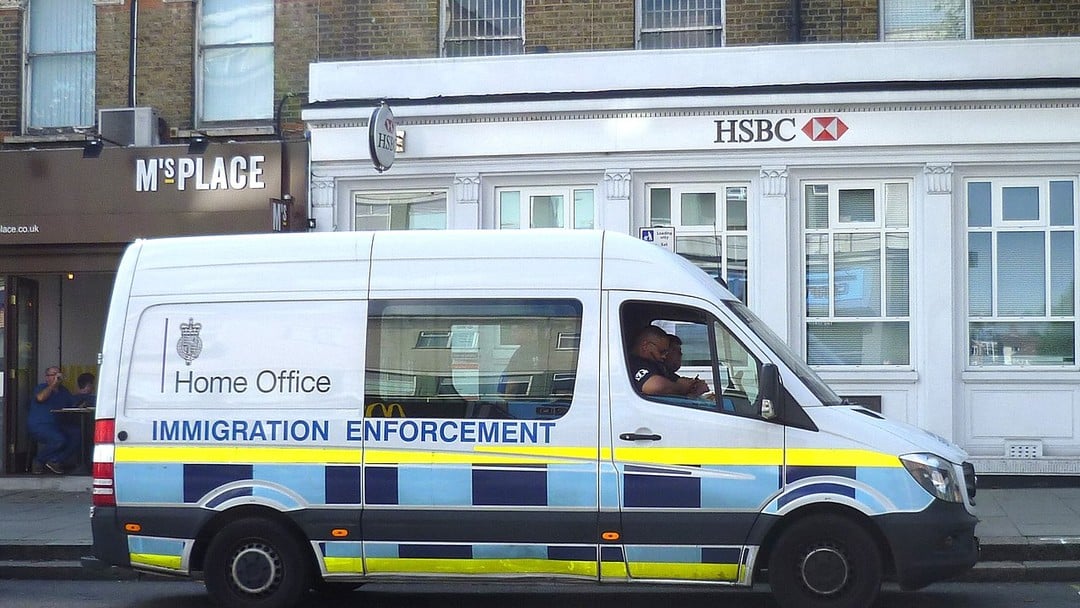Court ruling highlights immigration law issue

A landmark judgment from the Administrative Court critiques the Home Office's handling of Keren Soares Thadeu's case
In a significant ruling delivered on April 1, 2025, the Administrative Court addressed the case of Keren Soares Thadeu, a Brazilian woman challenging her detention and the cancellation of her leave to enter the United Kingdom. The case reveals essential issues surrounding the interpretation and implementation of immigration rules, particularly how authorities must engage with individuals' circumstances when assessing breaches of visa conditions.
Keren Soares Thadeu arrived in the UK on August 1, 2024, with a visitor's visa intended for leisure and family visits. However, during her stay, she volunteered at a hostel under conditions that the Secretary of State for the Home Department (SSHD) later deemed in violation of her visa. Her engagement in this role ultimately led to her detention beginning September 12, 2024, when officers executed a decision to cancel her leave to remain.
The judgment outlines that the SSHD's decision was based on an alleged breach of Immigration Rule Paragraph 9.8.8, which pertains to compliance with conditions of leave. Despite admitting the breach during proceedings, the legal representatives argued that the SSHD had acted irrationally by failing to consider the claimant’s explanation for her circumstances. Specifically, the SSHD did not adequately engage with the reasons behind the breach and the claimant's honest misunderstanding that her volunteering did not contravene her visa conditions.
The principle of discretion in cancelling leave is crucial in immigration law and plays a significant role in this case. The SSHD was mandated to consider whether the breach was substantial enough to merit cancellation of leave and to engage with relevant mitigating factors presented by the claimant. This obligation is emphasized in case law, notably the principles articulated in the Hardial Singh case, which assert that detention should only occur under circumstances that justify its necessity and proportionality.
The court judge, David Pittaway KC, highlighted that essential flaws existed in how the SSHD had approached the case. In particular, the SSHD's decision-making processes were deemed "slipshod," failing to address vital elements of fairness. The judge found that the SSHD’s rationale did not substantively consider the details and the nuances of Thadeu's situation as presented in her pre-action protocol letter.
Throughout the duration of her detention, Keren was held until November 8, 2024, when she was eventually granted immigration bail. The court's ruling confirmed that her detention was unlawful, stemming from the SSHD's failure to justly consider the circumstances leading to the initial breach of conditions. This case serves as a notable reminder of the obligations authorities have in ensuring fair treatment under immigration law, particularly in respecting an individual's right to liberty and security.
Furthermore, the conclusion deemed the SSHD's alleging of malicious intent on Thadeu's part as unfounded, disproven by her consistent claims of having acted in good faith. The claim for damages associated with her unlawful detention was also to be pursued in the subsequent stages of legal proceedings.
As migration challenges persist in today's socio-political climate, this case illustrates the delicate balance between upholding immigration regulations and ensuring humane treatment and fundamental rights for individuals within the system. It underscores the necessity for law enforcement and immigration officials to exercise due diligence and maintain transparency in their decision-making processes, fostering a fairer immigration landscape as one of the core tenets of justice.
